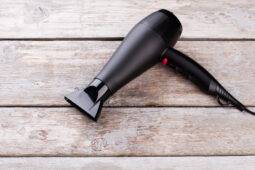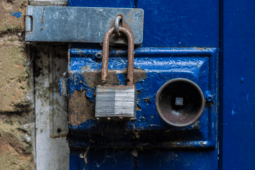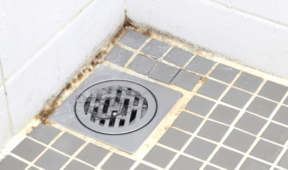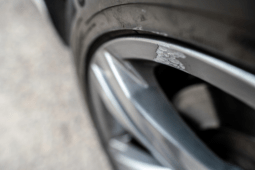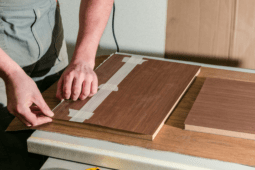Seven Easy Ways to Make Your Tools Last Longer
Buying new tools is exciting when you’re getting them for the first time. Replacing tools that you already own is far less fun to do. Instead, it turns into a frustrating task that makes you wish that you had taken better care of the original tool.
There are plenty of different ways to ensure that you make your tools last longer. With a little bit of love and care, you will find your garage to be filled with seasoned veterans of your craft. Routine maintenance and care are inherent to a long lifespan for every tool in your garage. We all have our favorites, but we need to treat all of the tools with equal appreciation.
Not only will you need to replace tools if you fail to take care of them, but you’ll also end up with a lower-quality product. Your tools take care of you as much as you take care of them. Return the favor and get a better result by following this guide.
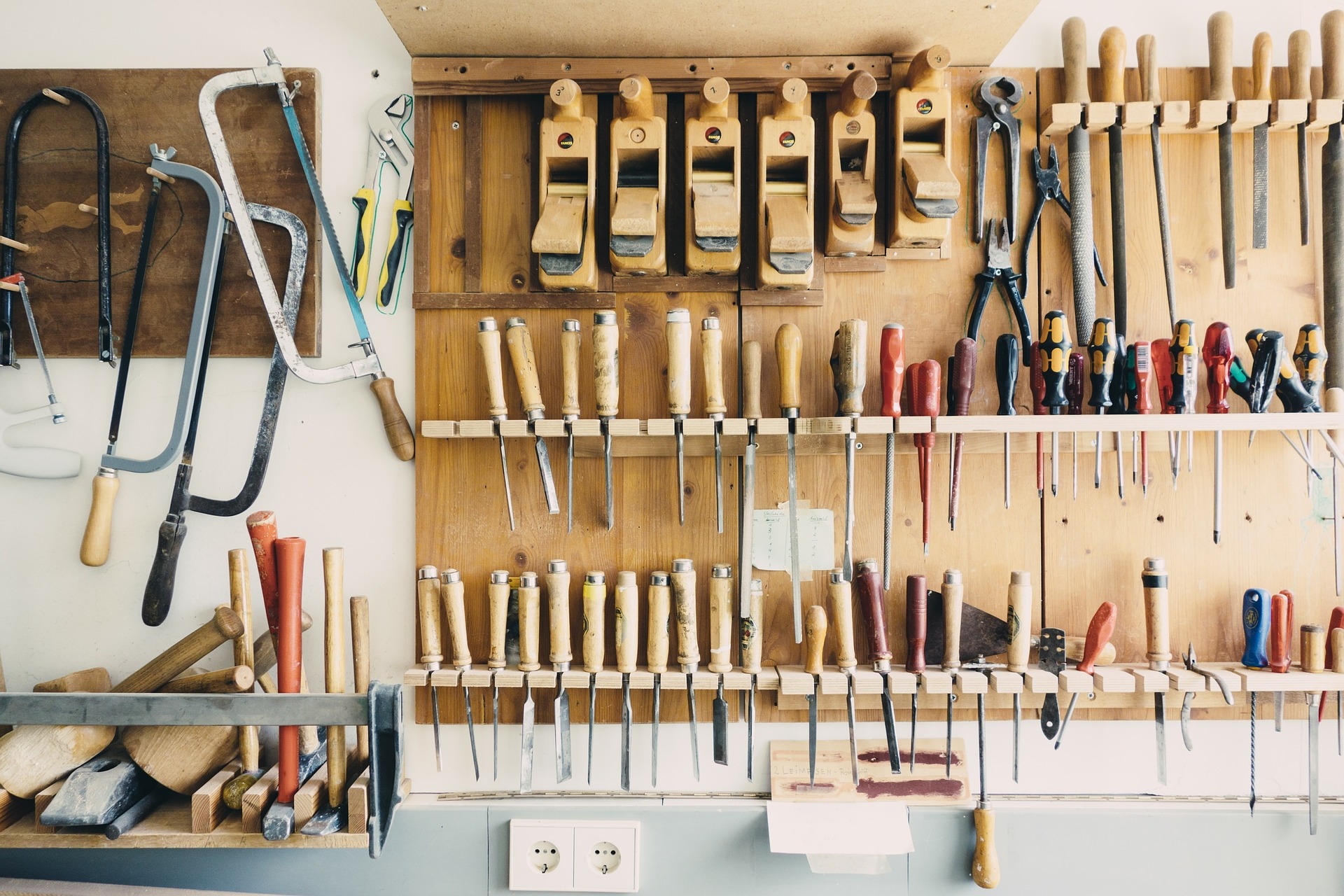
Buy Quality Tools
Taking care of your tools starts when you’re standing in front of the shelf. High-quality tools simply last longer than budget tools. They are made to last longer and the higher pricetag often reflects that. This is where you recognize that buying the right tools is an investment.
It can be easy to hit up the budget shelf or buy used tools from an old jobsite. These not only have been used repeatedly, you don’t know if they’ve even been well taken care of. New tools are your safest bet for getting tools that last a long time.
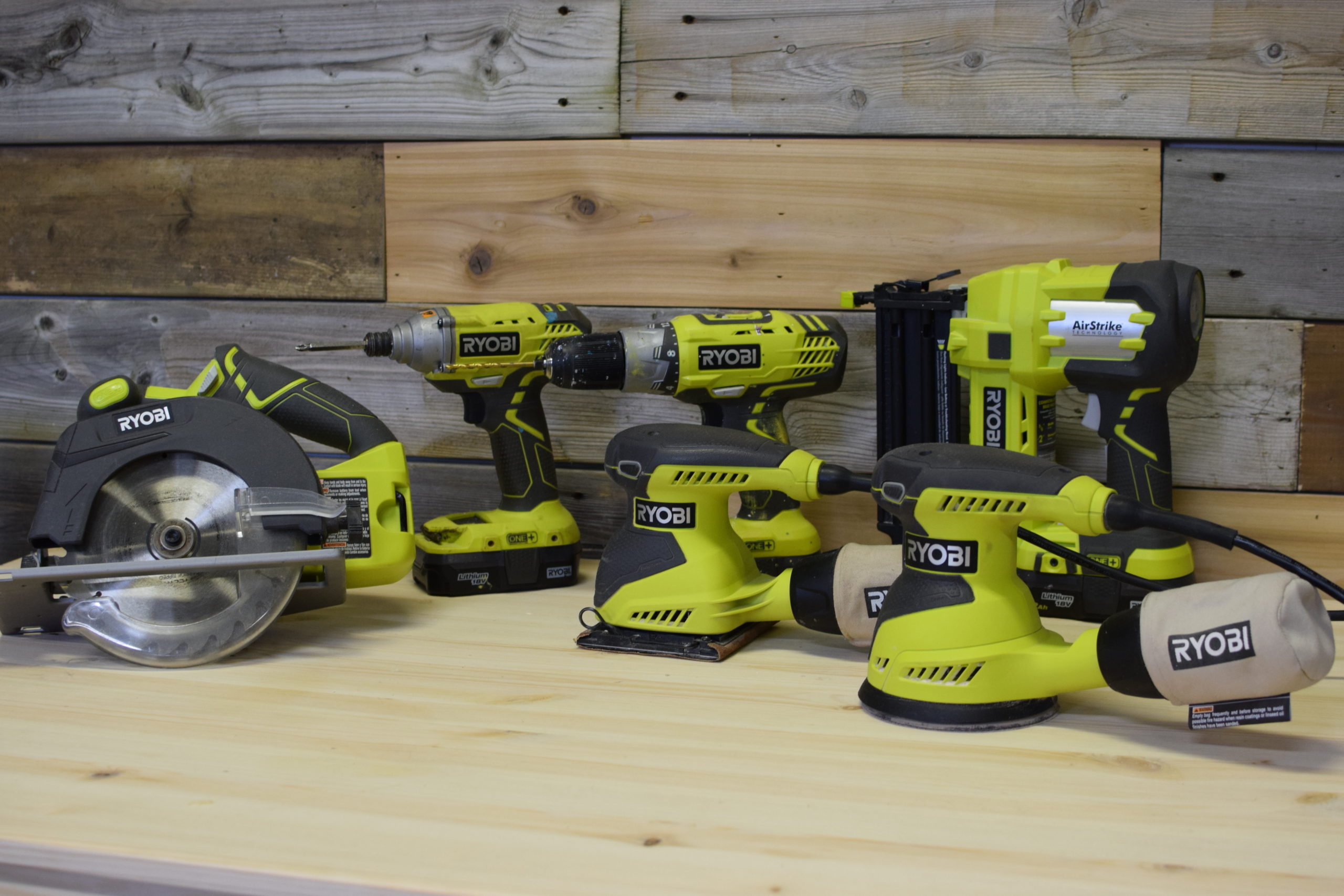
Pay Close Attention to Batteries
As battery-operated tools become more and more popular, it means you need to keep a close eye on all of the tools that use them. Big lithium-ion batteries are expensive. They stop working as well if you don’t use them often and completely draining the battery isn’t good for it.
When your tools start to slow down, that’s the time to plug back in. It helps to have multiple batteries so you can keep working while one is charging. The storage for batteries is equally as important for all your other tools. Keep them in a cool and dry place, disconnected from the charger when possible.
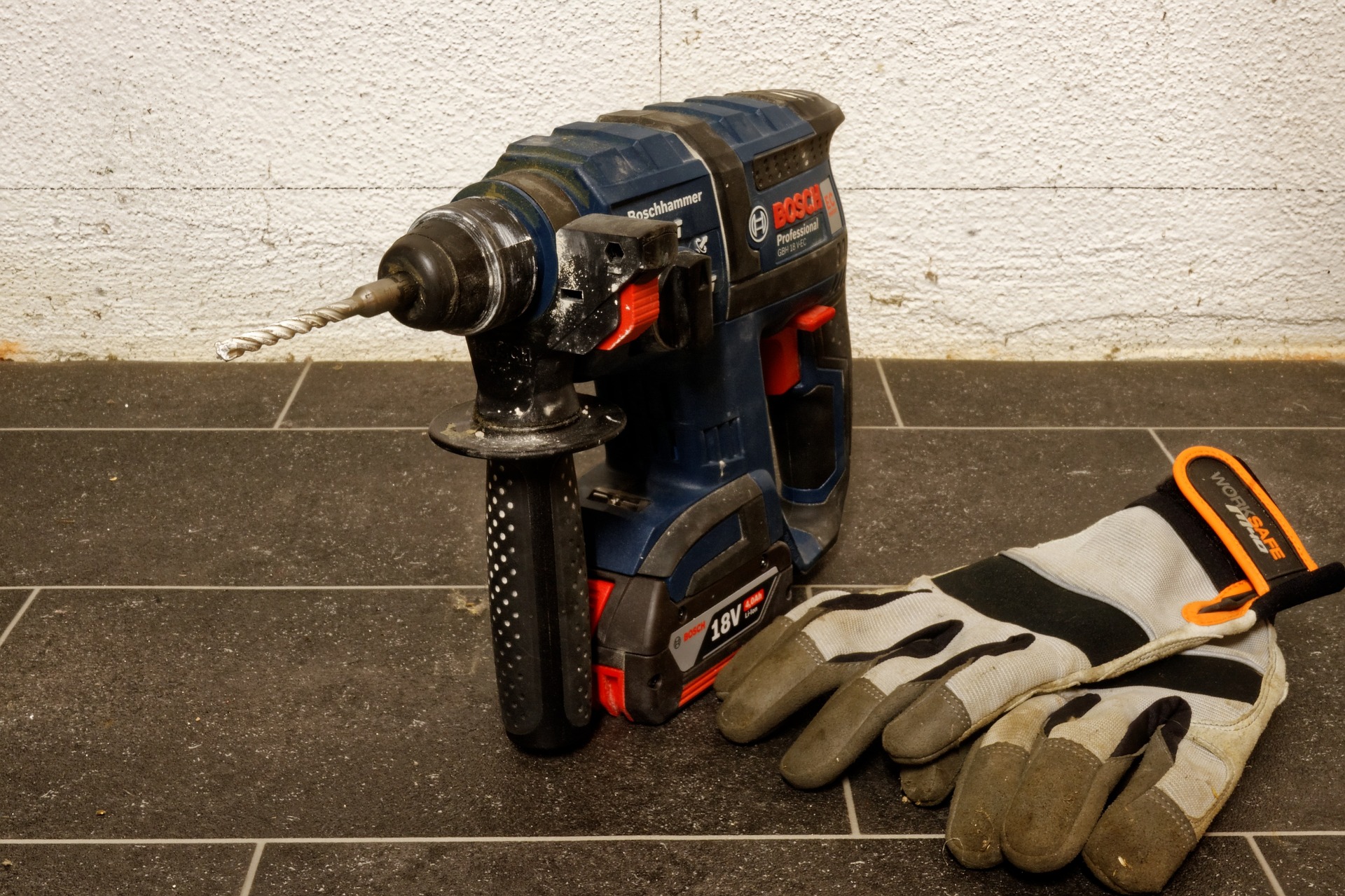
Proper Storage
If you want your tools to last a long time, you need to give them the proper home to live in while they’re not in use. Toolboxes, tool walls, and other forms of storage are great to keep your tools protected.
The last thing you want is to find your saws in a puddle in the garage because you hadn’t built shelves or them. The water damage will be extensive and the saw’s life might be over on the spot. If you had gone through the effort to create proper storage, you wouldn’t be in this situation.
A dry place where tools won’t be exposed to extreme temperatures is the ideal place for all storage. Avoiding rust and frozen tubes means avoiding more hassle.
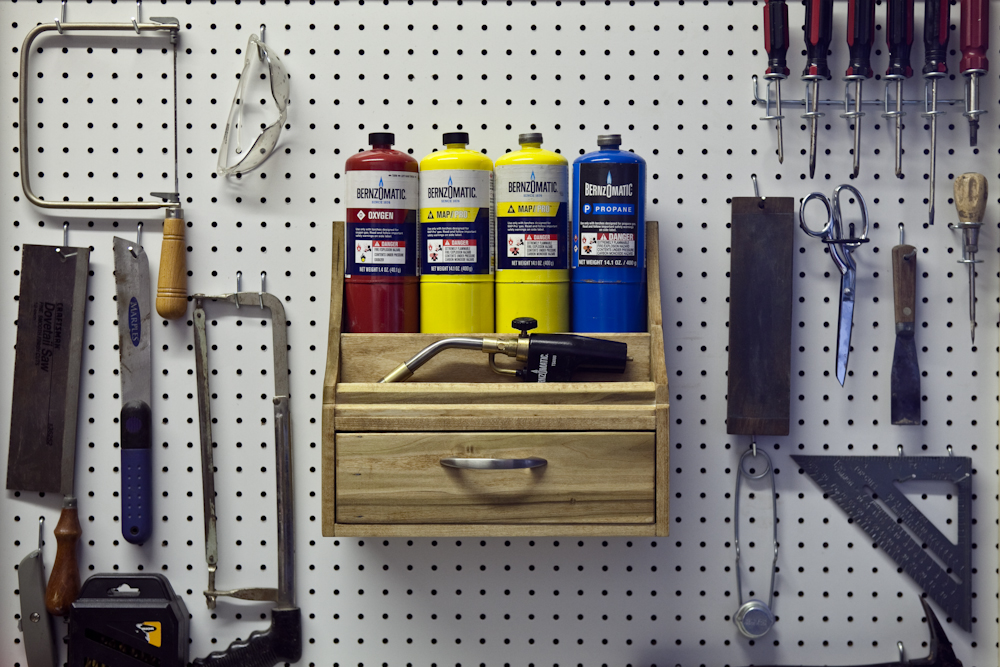
Clean your tools
If you think of your teeth as tools to eat then it’s easy to see why you need to clean your tools. We brush our teeth before and after a day filled with using them, otherwise we end up paying the dentist a hefty sum to fix our cavities.
The same goes for your tools. If you clean them well after every use, you can be sure that there won’t be as many hefty repair costs. I don’t like to put a tool away dirty. I prefer to schedule in time to clean everything well before ending my time in the shop.
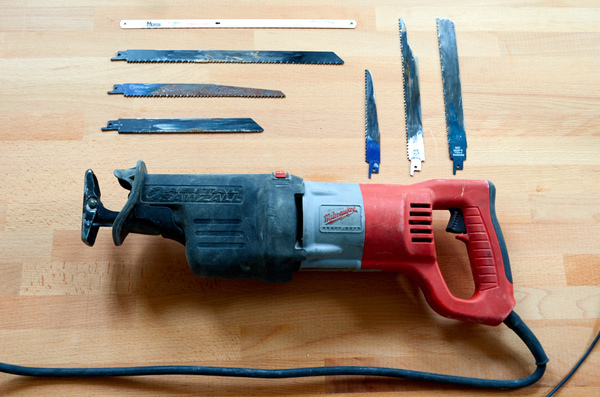
Routine inspections
Before and after you use any tool you need to inspect it. Failure to inspect your tools can end in a broken saw or a more serious personal injury. Check everything out before you put the tool to work. You want to know the state of the tool before you use it and then you want to see if any damages happened while using it.
Keep Your Tools Sharp
A sharper tool works better and is far less likely to break. Saw blades, chisels, knives, etc., are all meant to be used sharp. The duller these get, the less efficiently they work. Saws have to work harder when the blade isn’t sharp enough, which puts more strain on the motor. That in turn means a shorter life expectancy.
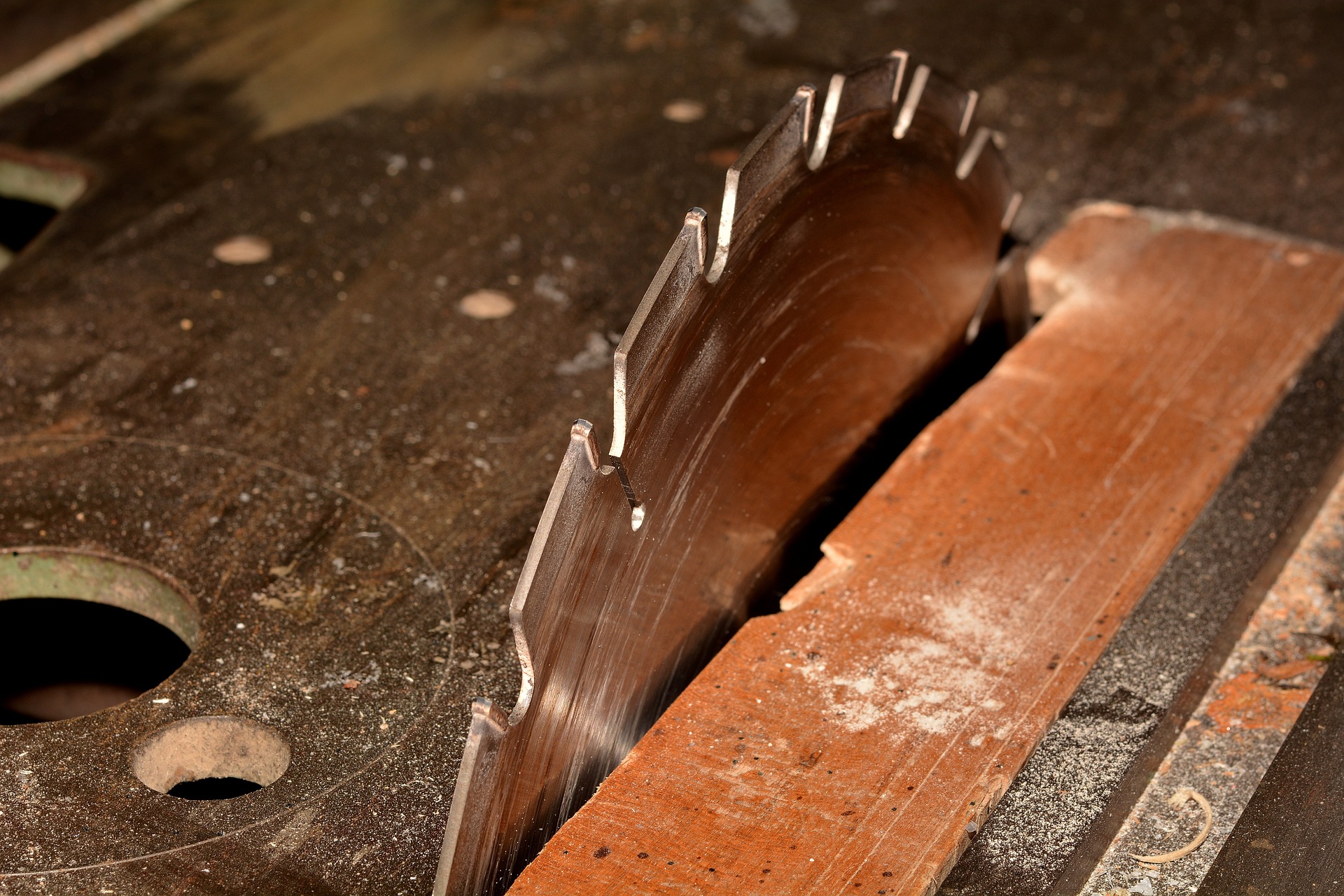
Keeping your tools sharp will keep them working how they are meant to work. It’s not too difficult to do. Just sharpen everything and you and the tool will both have a better time.
Use Lube
Keep things running smoothly by routinely lubricating all tools that have moving parts. Like I said above, if a tool is working harder because it isn’t lubricated, it won’t last longer. Lube exists to make things flow easily, not overheat, and therefore not break.
I like to apply lube before I use any tool as well as after (or during if needed). This way if I happen to forget lube the next time I go to use my saw, I’ve already put it on after my previous use. This is just a backup for myself that I highly recommend.
Pay Close Attention to Batteries
As battery-operated tools become more and more popular, it means you need to keep a close eye on all of the tools that use them. Big lithium-ion batteries are expensive. They stop working as well if you don’t use them often and completely draining the battery isn’t good for it.
When your tools start to slow down, that’s the time to plug back in. It helps to have multiple batteries so you can keep working while one is charging. The storage for batteries is equally as important for all your other tools. Keep them in a cool and dry place, disconnected from the charger when possible.

At the end of the day your tools are an investment. Following our tips and tricks will keep those tools lasting long. Let us know if you have any other tool-care tips by sharing them with us on Facebook or Pinterest!




